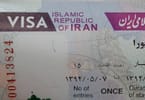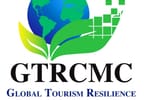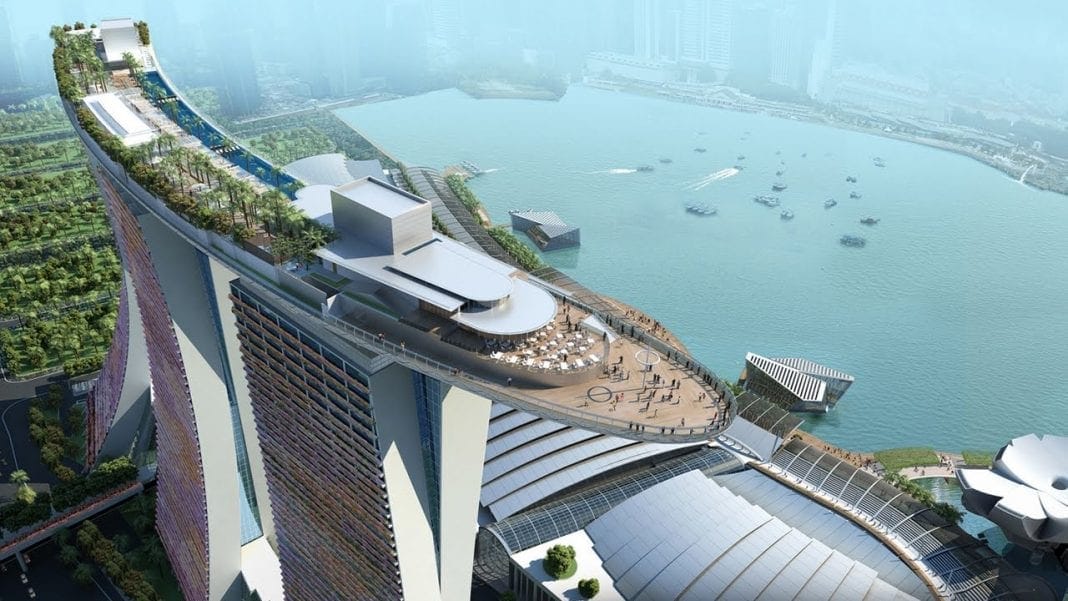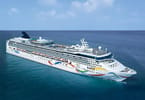TUI Travel aims to cut its carbon footprint with technologically-advanced Boeing 787 aircraft joining its fleet – although the recession means it has cancelled 10 of the 23 it had originally ordered.
The travel giant generates an annual carbon footprint of 7.6m tons by flying its 30 million customers on holiday each year.
Speaking at the launch of World Travel Market’s World Responsible Tourism Day, chief executive Peter Long said TUI had cut its emissions by 8 percent between 2007-08, partly thanks to efficiencies created with the First Choice/Thomson merger, but in the next three or four years, it hopes to cut a further 6 percent.
Stephen Sackur, host of BBC’s HARDTalk, quizzed him during the Hot Seat session at World Travel Market, the premier global event for the travel industry.
The new 787 Dreamliners burn 20 percent less fuel than other aircraft, but TUI’s first deliveries have been delayed until at least early 2012.
Currently, per passenger, TUI’s aircraft create 80g of carbon emissions per kilometer flown, while the typical rate across the industry is 90-120g.
“We are more efficient as we fill our planes,” said Long.
He warned that over-taxing the industry, with costs such as air passenger duty, would set the industry back 50 years as only the wealthy and privileged could travel.
Plans to buy a section of rainforest had been shelved because the operator would not gain any carbon credits for such a move and APD revenues pay for other government spending.
Instead, Long urged: “We need (tax) monies recycled to deal with environmental and sustainable issues. We need a second generation of bio-fuels.”
As well as tackling aviation emissions, TUI is working with hoteliers to improve their sustainable practices – although Long admitted the sheer size of the travel group meant change would take longer to happen than with smaller operators.
“Cooperating rather than telling or instructing hoteliers is more effective. We are constantly changing our portfolio; if they do not meet our overall standards they will be dropped,” he told Sackur.
“In the next 10 years, the landscape will change dramatically. If partners are not prepared to work on a sustainable basis, they won’t be partners in the next five to 10 years,” Long continued.
He pledged to work sustainably in new tourism regions, avoiding the mistakes of over-development seen on the Spanish Costas in the 1960s.
“In Mexico, there are huge developments on the Maya Riviera and Cancun, and we are working to establish the correct environmental footprint. We are not saying ‘let’s make a fast buck’,” he told the conference.
WHAT TO TAKE AWAY FROM THIS ARTICLE:
- Speaking at the launch of World Travel Market's World Responsible Tourism Day, chief executive Peter Long said TUI had cut its emissions by 8 percent between 2007-08, partly thanks to efficiencies created with the First Choice/Thomson merger, but in the next three or four years, it hopes to cut a further 6 percent.
- He pledged to work sustainably in new tourism regions, avoiding the mistakes of over-development seen on the Spanish Costas in the 1960s.
- If partners are not prepared to work on a sustainable basis, they won't be partners in the next five to 10 years,” Long continued.





















